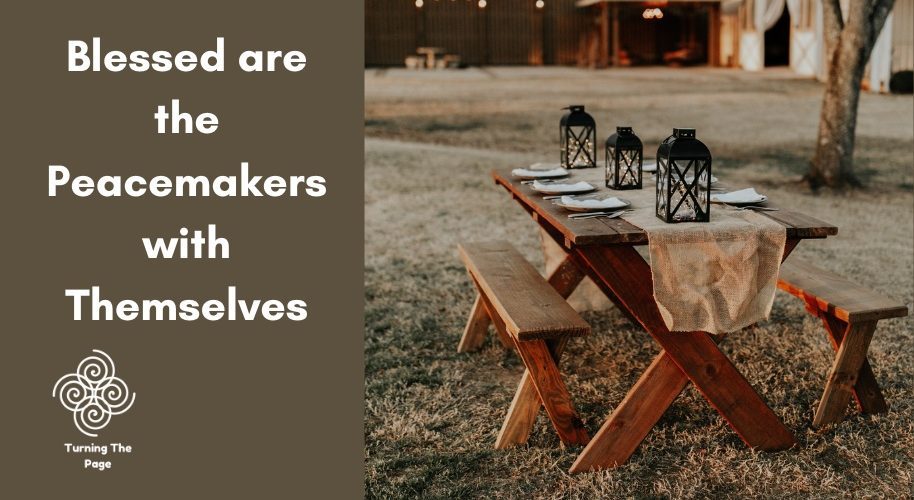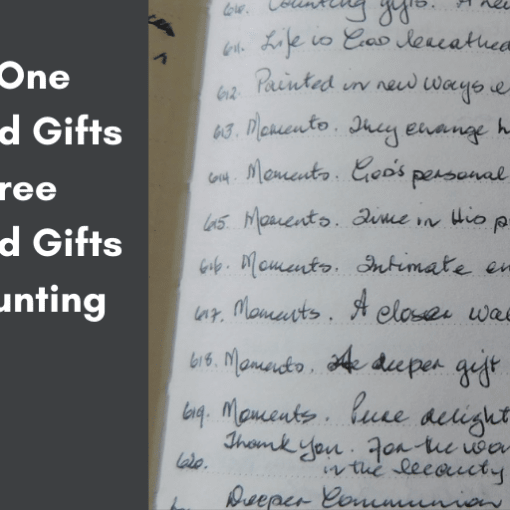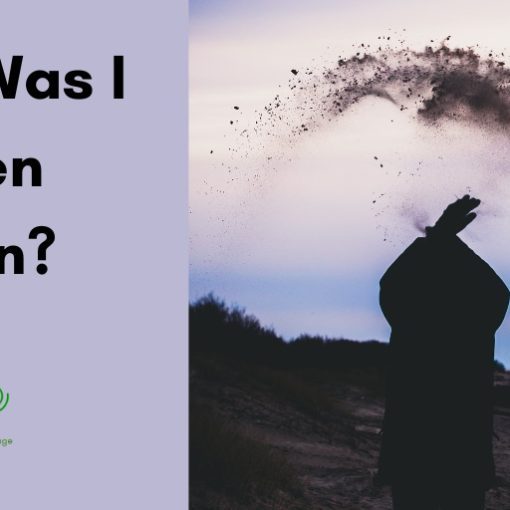They were always wrestling with comparisonitis, but that changed when they accepted themselves and became a peacemaker to their parts.
It seemed they were always striving. I was wanting this and wanting that. They couldn’t make peace with the fact they weren’t meant to be superman or wonder woman.
They wanted to be someone else. They wanted something else, and the world’s economy pandered to this lust and obsession.
I think the most dangerous disease in this world is called Comparisionitis. If it doesn’t kill you, it will undoubtedly suck the life out of you.
It’s contagious and affects everyone I know. Yet, we continue to compare ourselves to others.
We look at others and make judgments on a thousand different aspects. You will have made some judgments about me.
I have made peace with myself that I am not someone else and don’t want to be someone else. I want to be fully me.
Is there still work to do? Of course. This Comparisionitis disease is ancient and old.
Are you comfortable with you?
Blessed are the peacemakers.
Jesus said these words.
‘Blessed are the peacemakers, for they will be called children of God.’ Matthew 5:9
What comes to mind when you think of the word ‘peacemaker’?
When I was a child, I used to think of those politicians who fly off to war zones and broker peace deals. They get prizes and awards.
But now, I think the greatest peacemakers are the ones who have grown to accept themselves. There is no longer a war going on inside themselves to be someone else. They have also given up the battle to change others.
This acceptance doesn’t mean giving up or having a complacency to change and grow; it’s more about accepting the fullness of the self and watching the dinner guests hold hands as one.
Peacemaking is a dinner party.
Peacemaking is inviting what was once thought of as a leperous part of yourself to come and sit at the table and to be accepted.
For me, it might mean this sentence.
‘Come in depression, sit at my table next to egg allergy, asthma, and hay fever. It’s a full table with the ability to write, make a mean Thai Beef Curry, and know how to prune roses. The table is full of guests getting to know each other and learning how to sing the same tune.’
I wonder who are your dinner table guests? – Mr. Bi-polar? What about Susan Schizophrenia, Anxious Annie, and Worried Walter? Oh, there’s Bulimic Beatrice and Addict Andrew. Perfectionist Priscella and Sloppy Sam.
As we name the parts, we begin to see our parts as simply parts.
You may have depression, but you are not depression.
You may have an addiction, but you are not an addiction.
One of the saddest things I have ever heard was when a woman told me these words. ‘I’m a Schizophrenic.’
‘No,’ I responded. ‘You are not a Schizophrenic, you have an illness called schizophrenia, and there is a difference.’
Once she realized this, she could see it as a part of her life, not the whole.
Acceptance grows the self.
‘Will you still love me if you truly get to know me’?
That was the fear of someone whom I was supporting. They worried that I would reject them if they genuinely opened the doors and I was to know all the mess in their lives. The history of abuse and pain. Failures and fractures.
They were sick to the heart with comparisonitis. They were comparing what they knew about themselves with what they thought they knew about me.
But they didn’t know the dark rooms in my soul.
As we inched our way into open acceptance, they discovered that beauty and purpose sat at the same table as memories and shame.
Interestingly as we focused on their beauty, the voices of self-loathing began to lose voice. Instead, there was a peacemaking dance going on.
In essence, they were saying, somewhere deep in their soul, these words.
‘You can sit at my table childhood trauma, but you’re not going to dominate the discussion’
Rick Hanson describes acceptance this way.
If we don’t accept what’s true about ourselves, we won’t see it clearly, and if we don’t see it clearly, we’ll be less able to deal with it.
The whole self is like a big house, and not accepting all of who you are is like closing up some of its rooms:
“Uh-oh, can’t look vulnerable, better shut that door.”
“Asking for love made me look like a fool, never again with that, lock it up.”
“I make mistakes when I get excited, so that’s it with passion, throw away the key.”
What would it be like to open all the doors inside yourself?
You can still keep an eye on what lies inside the various rooms, and decide what you act upon or show to the world.
Accepting what’s inside yourself gives you more influence over it, not less. Rick Hanson. Resilient
Moving out
As you begin to peace make and form a unity of the self, there comes an almost supernatural openness to share with others this new self.
You have an inner beauty that needs to be shown. You are like a reflector of God’s beauty. An image bearer of your beautiful creator, a child of God, and all that beauty that needs an outlet.
You have a newness about yourself that must leave a mark on this world. You are a child who leaves God-shaped footprints wherever it goes. People see you and know something of the nature of what God is like.
The childlike step becomes a toddle, then a walk, and then a dance.
Peacemaking is a generous journey of friends coalescing along the way.
Quotes to consider
- Today you are You, that is truer than true. There is no one alive who is Youer than You.
- Acceptance is not our mode nearly as much as aggression, resistance, fight, or flight. None of them achieve the deep and lasting results of true acceptance and peaceful surrender. Richard Rohr.
- You cannot heal what you do not first acknowledge. Richard Rohr
- Acceptance doesn’t mean complacency or giving up. We can accept something while at the same time trying to make it better. Rick Hanson
- Before you speak of peace, you must first have it in your heart. St. Francis of Assisi
- God, grant me the serenity to accept the things I cannot change,
courage to change the things I can,
and wisdom to know the difference. Reinhold Niebuhr
Questions to answer
- Where does comparisonitis show itself in your life? Where do you compare yourself to others?
- What pressure do you feel to be like others?
- Are you comfortable with you?
Further reading
The 100% Perfect Gift for an Approval Junkie
Barry Pearman
Photo by Hannah Busing on Unsplash





